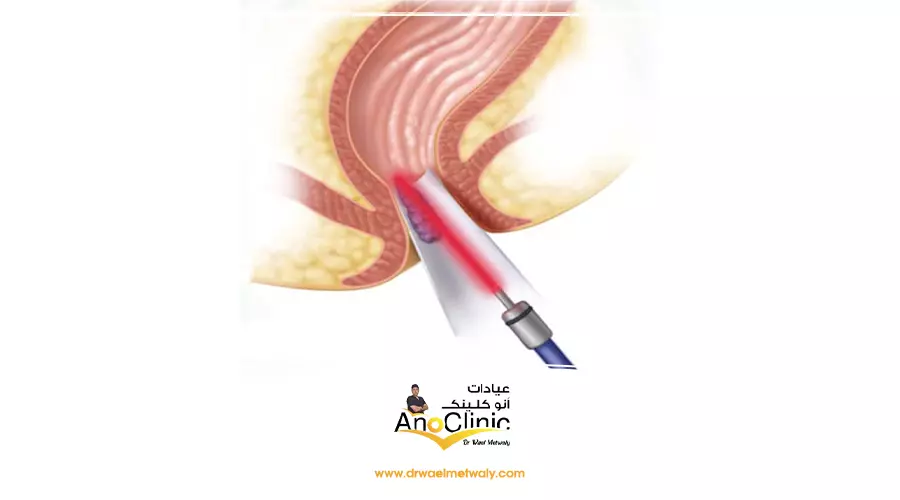What are the symptoms of an anal fissure?
An anal fissure causes intense pain, itching, stinging, or a burning sensation during bowel movements. The pain can be severe and persistent for several hours in some cases. Anal fissures can also lead to itching.
They may bleed or produce a yellowish discharge. You may notice a small amount of bright red blood on the toilet paper or a few drops of blood in the toilet bowl. If the stool is very hard or dark in color, or if dark blood is mixed with the stool, these could be signs of other conditions besides the anal fissure. In any case, it is essential to consult a doctor if there is any bleeding during bowel movements.
Causes and risk factors for anal fissures
Anal fissures occur due to injury or damage to the anal area. They can be caused by:
- passing large or hard stools, leading to stretching and tearing of the anal opening.
- constipation and straining during bowel movements.
- frequent episodes of diarrhea.
- Childbirth can also cause injury to the anal canal, leading to fissures in some women during the delivery process.
An anal fissure can occur for other reasons, such as digital rectal examinations, the insertion of foreign bodies, or anal intercourse. In some cases, an underlying condition, like Crohn’s disease, could be the cause of the anal fissure.
Why is early diagnosis of an anal fissure important?
The precise location of the anal fissure is crucial for a doctor’s diagnosis, as multiple fissures or fissures located next to the anal opening may indicate underlying conditions that led to their development.
General advices for anal fissure patients
- Maintain the cleanliness and dryness of the anal area at all times.
- Use warm sitz baths continuously, which contain aromatic oils and suitable substances.
- Avoid consuming hard-to-digest foods, such as popcorn and potato chips.
- Drink adequate amounts of fluids and use stool softeners if necessary.
- Do not delay bowel movements, and go to the bathroom when you feel the need to have a bowel movement.
- Address any problems with the digestive system, such as chronic diarrhea or constipation.


